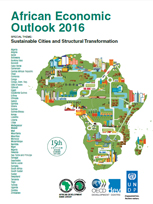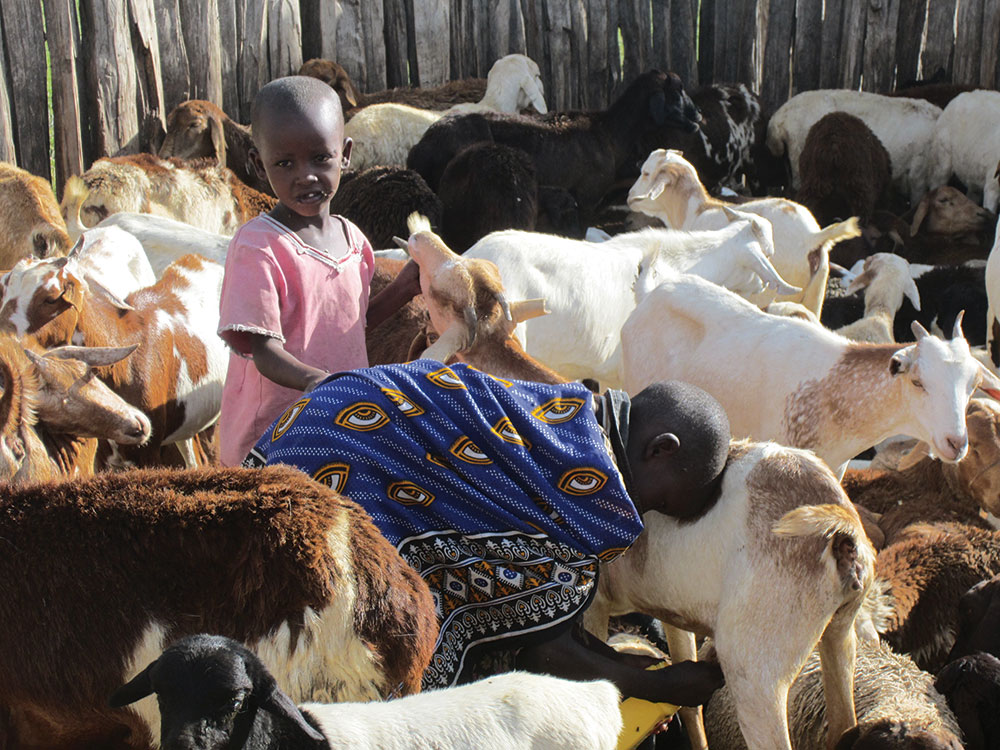Mission
The mission of the Organisation for Economic Co-operation and Development (OECD) is to promote policies that will improve the economic and social well-being of people around the world.
The OECD provides a forum in which governments can work together to share experiences and seek solutions to common problems. We work with governments to understand what drives economic, social and environmental change. We measure productivity and global flows of trade and investment. We analyse and compare data to predict future trends. We set international standards on a wide range of things, from agriculture and tax to the safety of chemicals.
We also look at issues that directly affect everyone’s daily life, like how much people pay in taxes and social security, and how much leisure time they can take. We compare how different countries’ school systems are readying their young people for modern life, and how different countries’ pension systems will look after their citizens in old age.
The OECD’s core values
- Objective: Our analyses and recommendations are independent and evidence-based.
- Open: We encourage debate and a shared understanding of critical global issues.
- Bold: We dare to challenge conventional wisdom starting with our own.
- Pioneering: We identify and address emerging and long term challenges.
- Ethical: Our credibility is built on trust, integrity and transparency.
Members:
Resources
Displaying 11 - 15 of 25Guidance for Responsible Agricultural Supply Chains
This guide aims to help enterprises observe standards of responsible business conduct and undertake due diligence along agricultural supply chains in order to ensure that their operations contribute to sustainable development. It provides information on
• a model enterprise policy outlining the standards that enterprises should observe to build responsible agricultural supply chains,
Perspectives économiques en Afrique: villes durables et transformation structurelle
Inclusive Global Value Chains
This reports focus is making global
value chains (GVCs) more inclusive. This is achieved by
overcoming participation constraints for Small and Medium
Enterprises (SMEs) and facilitation access for Low Income
Developing Countries (LIDCs).The two major points of this
report are 1) participation in GVCs is heterogeneous and
uneven, across and within countries and 2) available data
and survey-based evidence suggest that SME participation in
OECD Investment Policy Reviews: Myanmar 2014
This comprehensive review of Myanmar's policies regarding inward direct investment covers such issues as trends in investment in Myanmar, responsible business conduct, regulation and protection of investment, investment promotion and facilitation, tax policy, the financial sector in Myanmar, infrastructure in Myanmar, and sustainable investment in Myanmar's agriculture.
Providing an enabling environment
The basic role for agricultural policies consists of providing the core investments and services that farmers need to develop their operations into viable farm businesses. Focusing on the sector’s enabling environment benefits both agriculture and the wider rural economy, facilitating the construction of diversified rural economies. Such policies are likely to be more effective in the long term than subsidies or market interventions, which have the opposite tendency.






